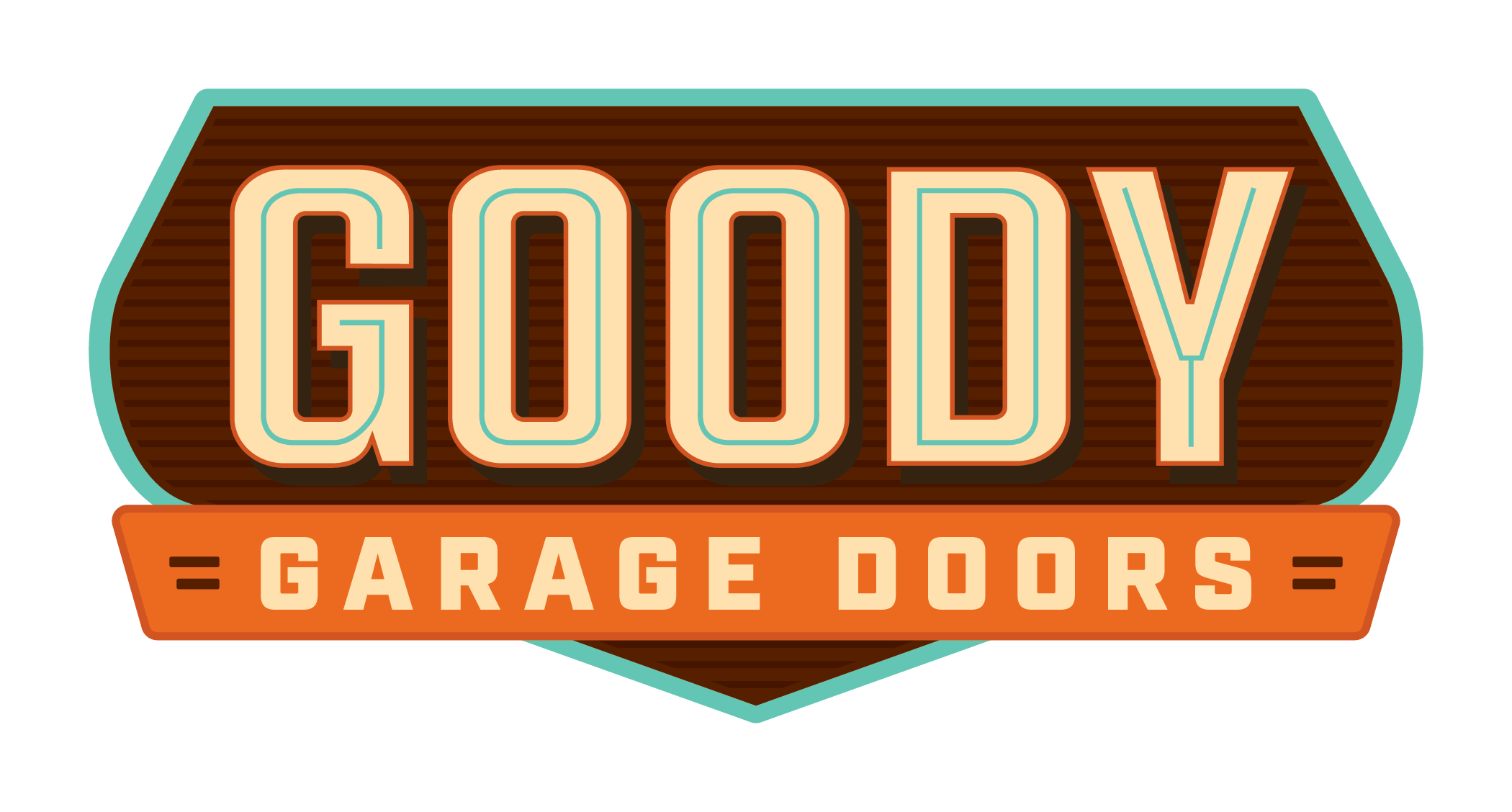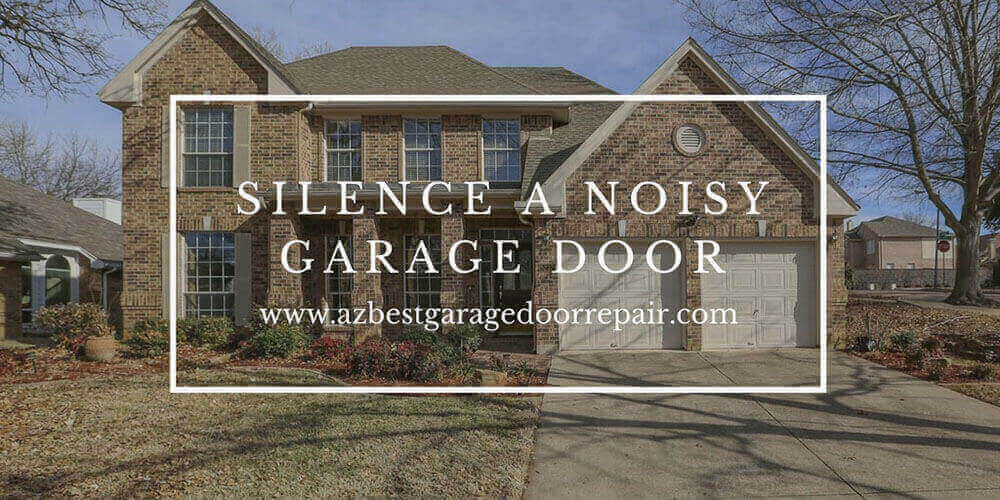Depending on drive-type, the opener is likely loud on its own, but garage door noise may be amplified if one of the following problems apply. If you are dealing with a noisy garage door, continue reading to determine what is causing it. This allows the problem to be remedied – ensuring smooth and quiet operation.
Faulty Rollers
A standard garage door has five rollers on each side of the tracks. Inspect them as the door raises and lowers. If you determine the rollers are the issue – whether because they are worn or metal – contact a local garage door repair professional to replace them. Experts agree that upgrading to 13-ball precision bearing nylon rollers will provide for up to 75 percent quieter operation when opening and closing the door.
Improperly Balanced
An improperly balanced garage door may feel unusually heavy during manual operation; shorten the longevity of important garage door components; and negatively affect the efficiency of the opener. The door also won’t operate smoothly or quietly. To test garage door balance, you should:
- Start with the door closed.
- Disconnect the opener from the garage door. Consult your garage door manual for instructions. Caution: Never disengage the garage door opener from the door when it’s in the open position.
- Manually lift the door to waist height. The door should move easily with one hand. It should also remain open. If the door closes or springs open with force, the door is out of balance, and professional repairs are required.
*The IDA recommends testing balance monthly.
Garage Door Openers
Of the three types of openers (chain, belt or screw drive), chain-drive garage door openers are undeniably the loudest, and are thus not recommended in homes with living spaces directly above or adjacent the garage. Although, identical to chain-drives in appearance, belt-drives deliver the smoothest and quietest performance. Louder than belts, but quieter than chains, screw-drive openers are another option to consider.
Inadequate Lubrication
One of the easiest ways to ensure the garage door moves up and down its tracks quietly throughout the year is to lubricate key components. This includes the springs, hinges, and pulleys. Avoid using WD-40 on these parts. Use silicone or white lithium grease instead. Clean the tracks with a damp cloth. Don’t use lubricant on them as it could cause the door to slip and become unbalanced.
Loose Nuts and Bolts
Nuts and bolts can all loosen over time – causing larger problems. If components are loose, such as the connection from the opener motor to the ceiling, noise is likely going to be the end result. Regularly check all the connecting nuts and bolts to be sure they are tight. Avoid tightening any painted red. These and any missing hardware should be tightened or replaced by a local garage door repair professional.






